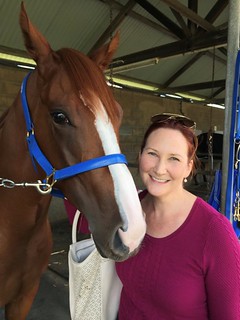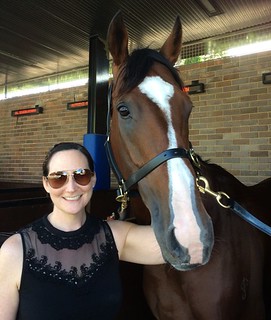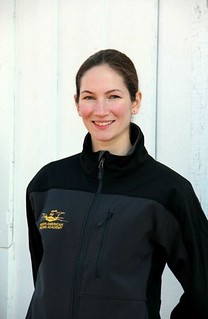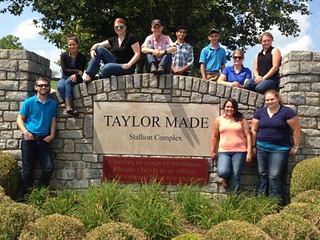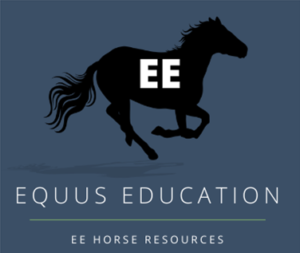Tracey Hammond works for Dengie Horse Feeds. She has kindly taken the time to answer some questions about her horse nutrition related career.
How much of your day/week is related to horses?
The majority of my day/week is related to horses both at work and home.
What is it exactly that you do?
I am an Equine Nutritionist for Dengie Horse Feeds. I spend my days communicating with horse owners and advising them what and how to feed their horses. This can also including writing articles and giving talks in association with vet practices for example. In addition to this we frequently give talks at colleges and universities as well, therefore helping to educate the future generation of advisors.
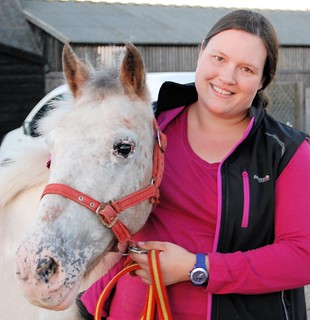
In this field of work, is it possible to be a full time professional and earning a liveable income?
It is, but you would probably be a little more comfortable if you didn’t also own horses!
What are the general steps taken to be employed in such a role?
If you are keen on equine nutrition it is important to realise that there aren’t actually that many jobs available and therefore the more that you can do to help yourself stand out from the crowd the better. Typically at the very minimum you will need an equine degree. In addition to this practical equine experience is great.
The usual office skills including the use of PowerPoint and also being confident with presenting and speaking to people on the phone are all good skills to have as well. If you are looking for work to try and make you stand out then working in a feed store/saddlery would give you great experience of handling customers and also knowledge of a wide range of products.
Favourite horse memory?
Any day with a horse is a happy memory and I am lucky to do a job that I am passionate about.
Future goals?
I would like to have the opportunity to perform some research perhaps as part of a PhD. A particular area of interest is equine obesity and the practical problem of grass intake/management.
Best thing about your sport/profession?
Making a difference. There is nothing more satisfying than working with a horse and their owner and making a difference be it to their performance, weight or any other issue that they may have!
